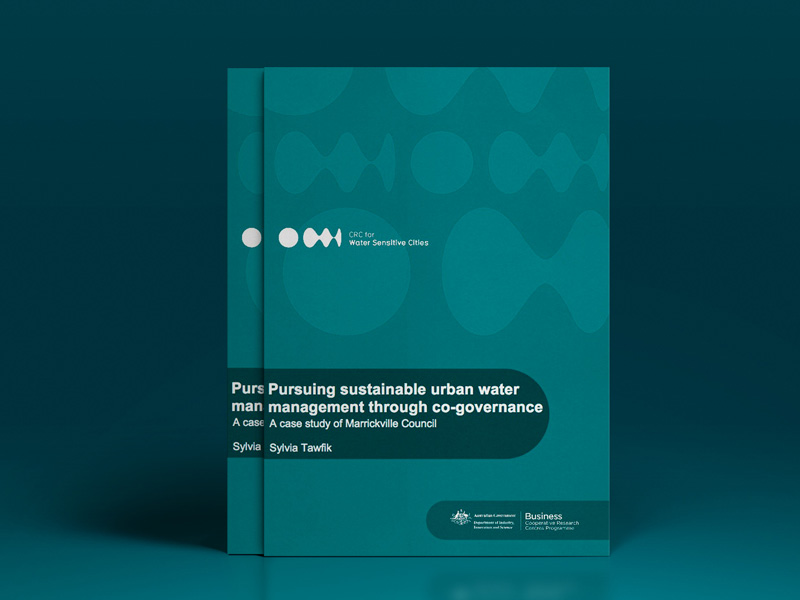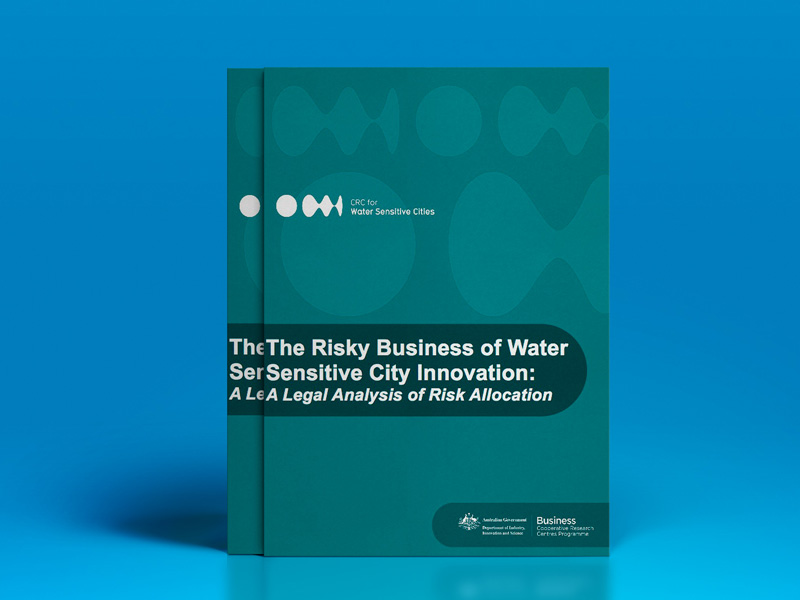Two new publications help to navigate the governance and legal complexities of water sensitive cities
Working toward environmental and economic sustainability is vital to ensuring a viable and prosperous future. Sustainable urban water management (SUWM) is essential for this goal; and it plays an important role in the design and management of water sensitive cities. While there are multiple ways to approach SUWM, worldwide attention has focussed on co-governance – a concept that includes stakeholders from the design stage, through to the management of water services. In an Australian context, this emphasis represents a meaningful departure from current practices because it decentralises decision-making, and empowers stakeholders like the community to become more engaged in, and responsible for, their public services. While co‑governance requires effort to initiate and maintain, a new report for the CRCWSC assists by highlighting the key lessons learnt from previous co‑governance ventures undertaken by the Marrickville Council – lessons that are vital for successfully implementing future projects.
But what are the risks involved with a more decentralised system? A second CRCWSC report looks at the legal risks that can arise when moving away from centralised governance of water management. Understanding the complexity of managing these risks – and the impacts on those involved in providing and receiving water services – is critical for developing new SUWM polices and legal frameworks that support the design of water sensitive cities.

